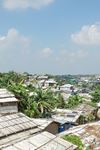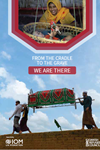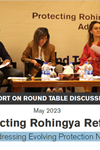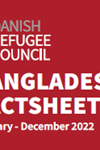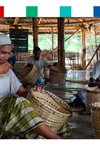
Bangladesh
DRC has been operating in Bangladesh since 2014, and in 2017 we started providing emergency assistance to the Rohingya population arriving from neighbouring Myanmar.

Displacement trends
Source: | UNHCR
Displacement Trends
Definitions
EDPs: Refugees under UNHCR’s mandate
IDPs: Internally displaced persons
Asylum seekers: People whose claims for refugee status have not yet been determined
Stateless: People not considered as nationals by any State
HST: People living in Host Communities
OIP: Others in need of International Protection
OOC: Others of Concern
Forecast
DRC forecasts are based on a machine learning tool that has been developed to predict forced displacement (IDPs, refugees and asylum seekers) at the national level 1-3 years into the future.
Why we are there
The Rohingya residing in Bangladesh prior to 2017 are registered as refugees and allowed to stay on, while those who arrived after August 2017 were given the status as Forcibly Displaced Myanmar Nationals (FDMN) who are to be repatriated.
Further complicating the humanitarian situation, the Rohingya population is concentrated in a small and underdeveloped coastal area of southeastern Bangladesh, which is prone to natural disasters like floods and cyclones.
With resources and capacities already chronically stretched in the country, DRC’s presence and support in Bangladesh is critical to meeting the needs of affected populations and their host communities.
What we do
DRC has been operating in Bangladesh since 2014, and in 2017, DRC started providing emergency assistance to the Rohingya population arriving from neighbouring Myanmar. As of 2023, DRC works in seven Rohingya camps and one host community, sub-district Ukhiya in Cox’s Bazar, with activities covering four DRC core sectors:
Kutupalong-Balukhali, located at the border with Myanmar, is the largest of the camps in the complex and home to the vast majority of the Rohingya, who are living in makeshift bamboo and tarpaulin shelters. DRC works on the ground to provide access to protection services and shelter materials, to develop alternative livelihoods and to improve infrastructure.
Despite the challenges during situations such as lockdowns due to Covid-19, DRC has been able to continue providing emergency assistance and support in collaboration with groups of volunteers from among both the Rohingya and host communities to strengthen their resilience to cope with crises.
In addition to providing individual protection services for vulnerable adults and children, DRC also works with the Office of the Refugee Relief and Repatriation Commissioner of the Government of Bangladesh to provide site management services, improving the standards of shelter and living conditions for residents of the camps.
Working in collaboration with


Humanity & Inclusion (HI)
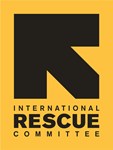
International Rescue Committee (IRC)
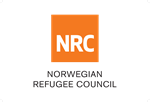
Norwegian Refugee Council (NRC)
Our work is funded by

Danish Ministry of Foreign Affairs

European Union
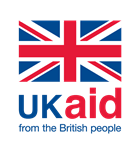
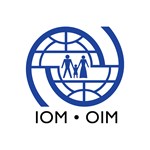
International Organization for Migration
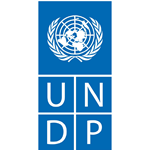
United Nations Development Programme

